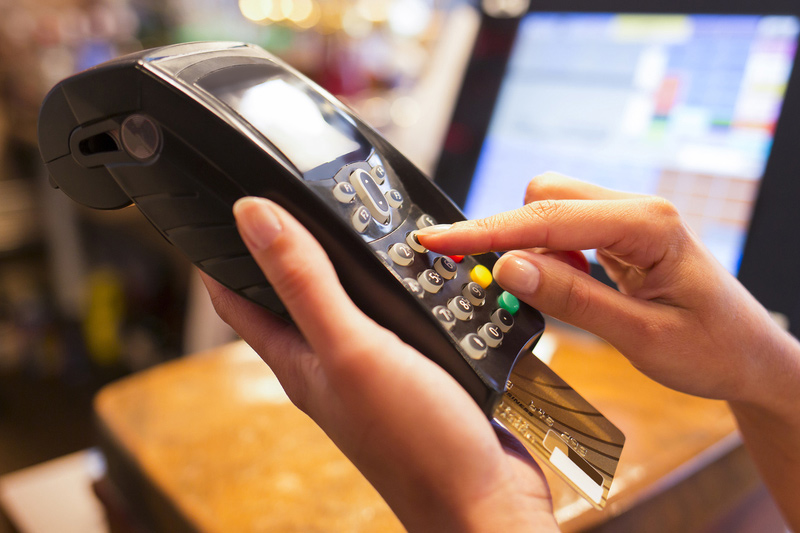Investing.com – U.S. consumer spending increased as expected in August, while core inflation unexpectedly eased, official data showed on Friday.
In a report, the Commerce Department said that personal spending increased 0.1% in August from the prior month, in line with consensus and compared to the prior gain of 0.3%.
Consumer spending is the single biggest source of U.S. economic growth, accounting for as much as two-thirds of economic activity.
Personal income, meanwhile, registered an increase of 0.2% in August, in line with expectations. That was after rising 0.3% a month earlier, revised down from the initial reading of a 0.4% advance.
Meanwhile, the core PCE price index rose 0.1% in August from a month earlier, in line with the previous month’s advance, but below expectations for growth of 0.2%.
The core PCE price index rose at an annualized rate of 1.3% in August, missing expectations for a repeat of the prior month’s 1.4% increase.
The Federal Reserve uses core PCE as a tool to help determine whether to raise or lower interest rates, with the aim of keeping inflation at a rate of 2% or below.
The report also showed that real personal consumption fell 0.1% in August, beating expectations for a drop of 0.2% and following an advance of 0.2% in July.
Following the report, EUR/USD was trading at 1.1829 from around 1.1803 ahead of the release of the data, GBP/USD was at 1.3399 compared to 1.3385 previously, while USD/JPY was at 112.30 from 112.53 earlier.
The US dollar index, which tracks the greenback against a basket of six major rivals, was at 92.83, compared to 92.97 ahead of the report.
Meanwhile, U.S. stock futures pointed to a mixed open. The blue-chip Dow futures dropped 17 points, or 0.08%, the S&P 500 futures slipped 2 points, or 0.06%, while the tech-heavy Nasdaq 100 futures advanced points, or 0.12%.
Elsewhere, in the commodities market, gold futures traded at $1,291.87 a troy ounce, compared to $1,289.19 ahead of the data, while crude oil traded at $51.53 a barrel from $51.67 earlier.
